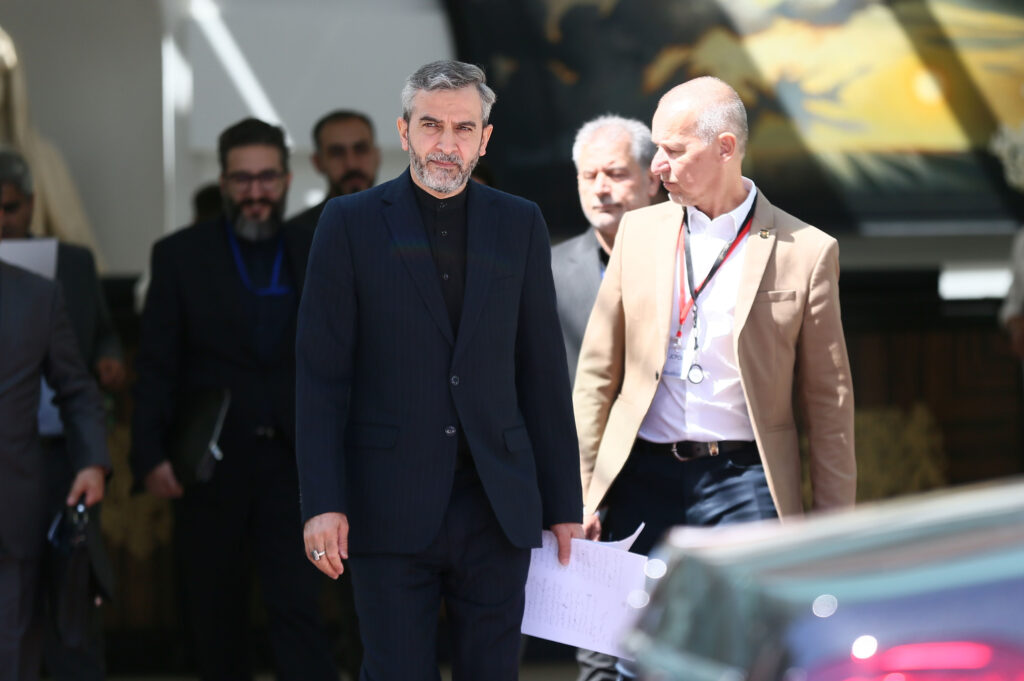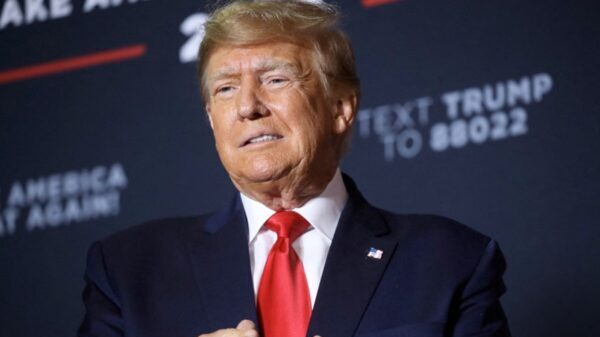
Iran has sent its response to the European Union proposal to revive the 2015 nuclear agreement, the IRNA State News Agency reported, as the main advisor of the country for tweeted negotiations that the agreement was closer than before, but had not been done.Irna reported that Iran returned the Wina Agreement to the EU Tuesday, but the agency did not issue Iran’s response.
On Twitter, Iran’s negotiation team advisor Mohammad Marandi said Iran “expressed his concern” about the design, but “The remaining problem is not too difficult to solve.”The concern was based on US US/Union violations. I could not say that there would be an agreement, but we were closer than before,” Marandi wrote. The United States withdrew from the agreement in 2018 under President Donald Trump at that time. After the US withdrawal, Iran increasingly violated the agreement made based on the agreement and expanded its nuclear program.
Iran said that any final agreement should protect the rights of the state and guarantee the revocation of sanctions, which could free tens of billions of dollars in oil and gas income and improve the struggle Iranian economy.Citing the position of the Iranian negotiation team, Irna reported Tuesday that the difference remains in three problems.
In these two problems, the US has “stated verbal flexibility,” Irna reported.The third problem is related to the parties “which guarantees the continuation of” from the Joint Comprehensive Action Plan (JCPA), according to Irna. And that “depends on US realism to secure Iran’s opinion,” Irna reported, quoting a negotiation team. These problems were discussed in detail on Monday during the Special Meeting of the National Security Council, Irna reported. The European Union has not officially recognized that they have received Iran’s response.
Earlier on Monday, Iranian Foreign Minister Hossein Amir-Abdollah said that if the US showed a realistic and flexible reaction to Iran’s offers, they “would be at the point of agreement.”Amir-Abdollah said Tehran was ready to reach conclusions through the meeting of the Foreign Minister and announced the final agreement if his view was accepted. “The future days are important days,” he said.Last week, a spokesman for the Department of Foreign Affairs told CNN that the US was “ready to quickly conclude an agreement based on the EU proposal.”
In these two problems, the US has “stated verbal flexibility,” Irna reported.The third problem is related to the parties “which guarantees the continuation of” from the Joint Comprehensive Action Plan (JCPA), according to Irna. And that “depends on US realism to secure Iran’s opinion,” Irna reported, quoting a negotiation team.These problems were discussed in detail on Monday during the Special Meeting of the National Security Council, Irna reported.
The European Union has not officially recognized that they have received Iran’s response.Earlier on Monday, Iranian Foreign Minister Hossein Amir-Abdollah said that if the US showed a realistic and flexible reaction to Iran’s offers, they “would be at the point of agreement.”Amir-Abdollah said Tehran was ready to reach conclusions through the meeting of the Foreign Minister and announced the final agreement if his view was accepted. “The future days are important days,” he said. Last week, a spokesman for the Department of Foreign Affairs told CNN that the US was “ready to quickly conclude an agreement based on the EU proposal.”







